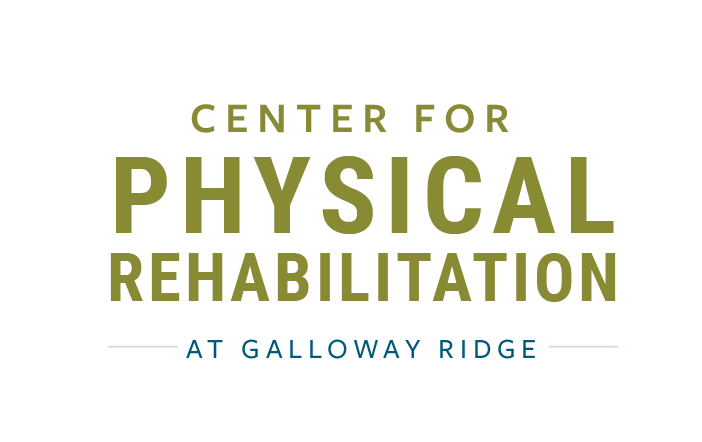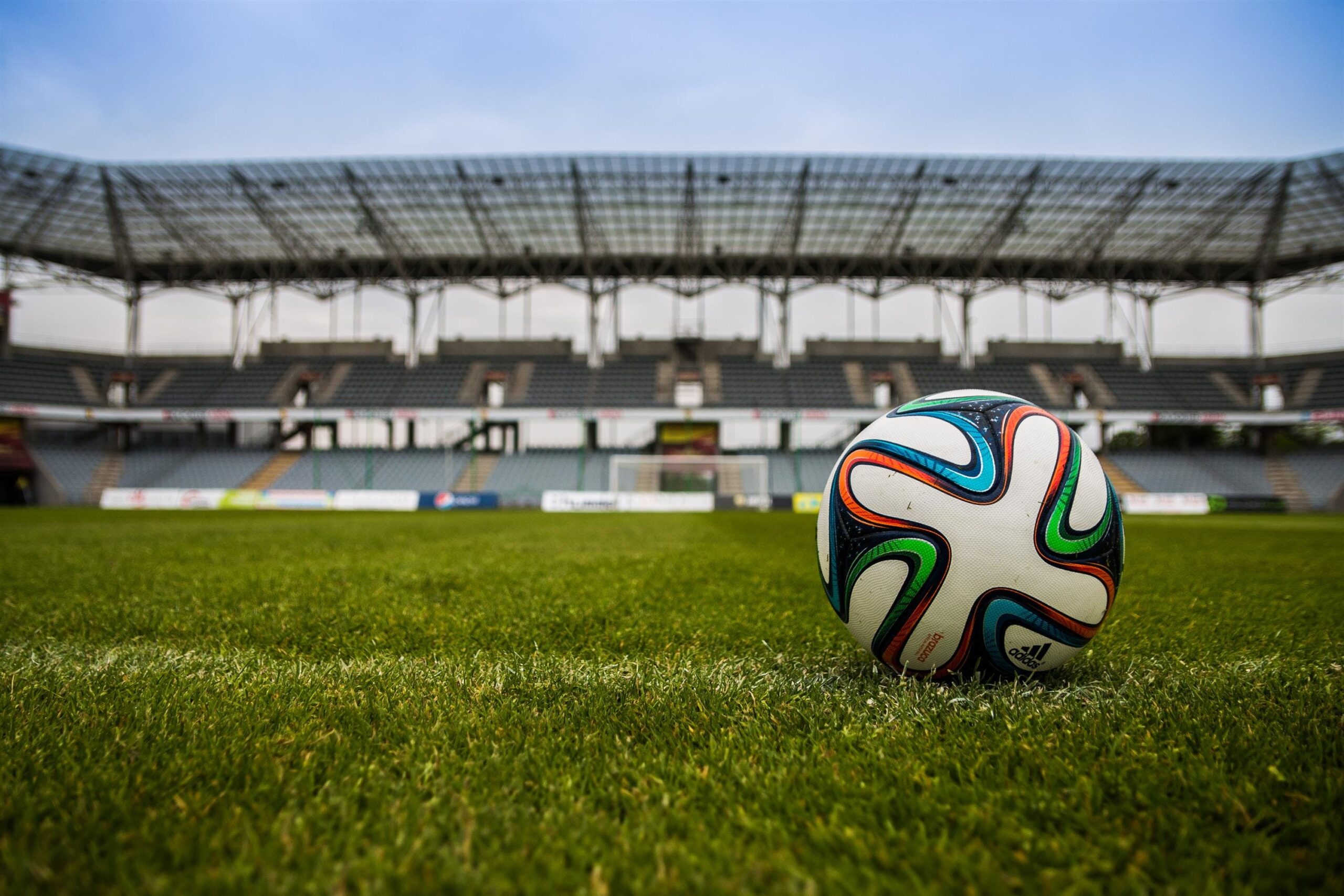Engaging in sports is a fantastic way to stay fit, build friendships, and foster a healthy lifestyle. However, the thrill of competition comes with the risk of injuries that can hinder your performance and, in severe cases, sideline you for an extended period. To ensure you can continue enjoying your favorite sports without the setbacks of common injuries, it’s crucial to adopt preventive measures. In this guide, we’ll explore valuable tips and techniques to help you steer clear of common sports injuries.
Proper Warm-Up and Stretching
One of the primary keys to injury prevention is a thorough warm-up and stretching routine. Before you dive into the intensity of your sport, spend at least 10-15 minutes engaging in dynamic warm-up exercises. This could include light jogging, jumping jacks, or other activities that gradually increase your heart rate and warm up your muscles.
Following the warm-up, focus on dynamic stretching to improve flexibility and range of motion. Dynamic stretches involve controlled movements that mimic the actions of your sport. Pay attention to key muscle groups involved in your activity, and hold each stretch for about 15-30 seconds without bouncing.
Strength Training
Building strength is not only crucial for enhancing performance but also for preventing injuries. A well-rounded strength training program that targets both major and supporting muscle groups can provide stability and reduce the risk of strains and sprains. Include exercises that focus on your core, legs, and upper body to create a balanced foundation for your athletic endeavors.
Proper Technique and Form
Mastering the correct technique and form for your sport is essential for injury prevention. Whether you’re lifting weights, running, or participating in a team sport, improper form can put undue stress on your body, leading to injuries. Seek guidance from a coach or experienced trainers to ensure you are executing movements correctly, and continuously refine your technique to minimize the risk of strain.
Listen to Your Body
Ignoring pain or discomfort is a recipe for disaster. Your body communicates through signals like pain, and it’s essential to pay attention. If you experience persistent pain or discomfort, it’s crucial to address it promptly. Rest, ice, compression, and elevation (R.I.C.E.) can be effective for minor injuries. If the pain persists, consult with a healthcare professional to avoid exacerbating the issue.
Gradual Progression
Avoid the temptation to push your limits too quickly. Whether you’re increasing your workout intensity, mileage, or weight lifted, gradual progression is key. Rapidly increasing the demands on your body without allowing it to adapt can lead to overuse injuries. Establish a sensible training plan that includes gradual increments to build endurance and strength over time.
Quality Footwear
The importance of proper footwear cannot be overstated. Different sports require specific types of shoes designed to provide adequate support and stability. Invest in high-quality athletic shoes that cater to the demands of your chosen activity. Ensure your shoes are the right size and replace them regularly, as worn-out footwear can contribute to a variety of injuries, especially those affecting the feet, ankles, and knees.
Cross-Training
Engaging in a variety of physical activities through cross-training can help prevent overuse injuries associated with repetitive motions. Incorporate activities that complement your primary sport, working different muscle groups and promoting overall fitness. This approach not only reduces the risk of injury but also adds an element of fun and variety to your training routine.
Hydration and Nutrition
Proper hydration and nutrition are cornerstones of athletic performance and injury prevention. Dehydration can lead to muscle cramps and fatigue, increasing the likelihood of accidents. Ensure you stay adequately hydrated before, during, and after your workouts or games. Additionally, maintain a well-balanced diet rich in nutrients to support muscle recovery and overall health.
Contact Center For Physical Rehabilitation at Galloway Ridge
Preventing common sports injuries requires a holistic approach that encompasses proper preparation, technique, and lifestyle choices. By incorporating these tips and techniques into your routine, you can enjoy the benefits of sports while minimizing the risk of setbacks. Remember, your health and well-being are paramount, so invest the time and effort needed to play safe and play smart.
However, should you ever find yourself in need of rehabilitation or expert guidance in recovering from a sports-related injury, look no further than the Center For Physical Rehabilitation at Galloway Ridge. Our team of experienced professionals is dedicated to helping athletes of all levels regain strength, flexibility, and confidence. Fill out our contact form or call us at 919-545-2633.

